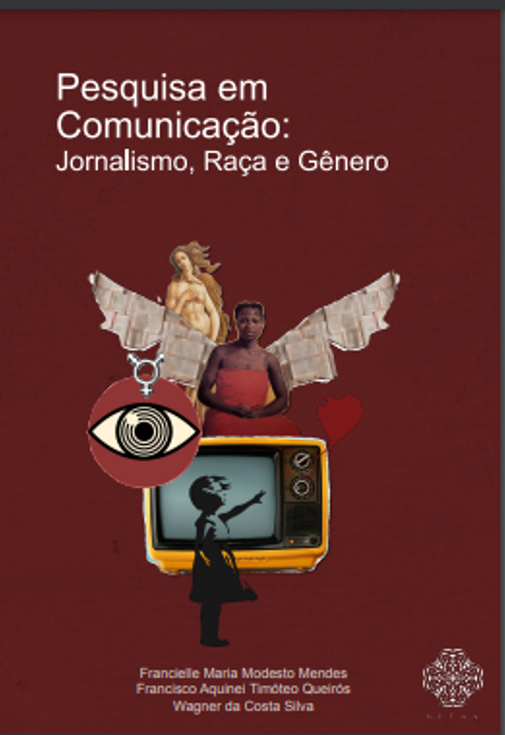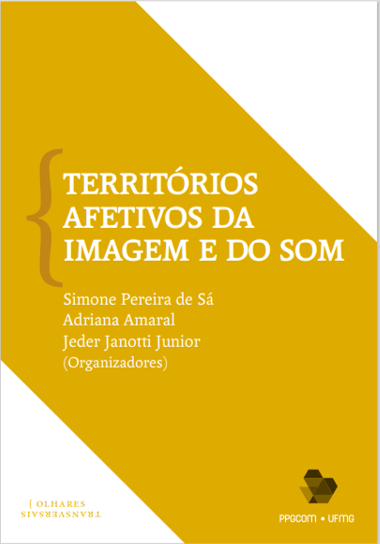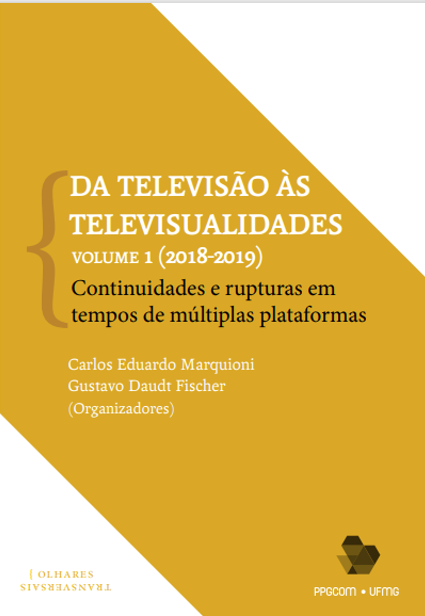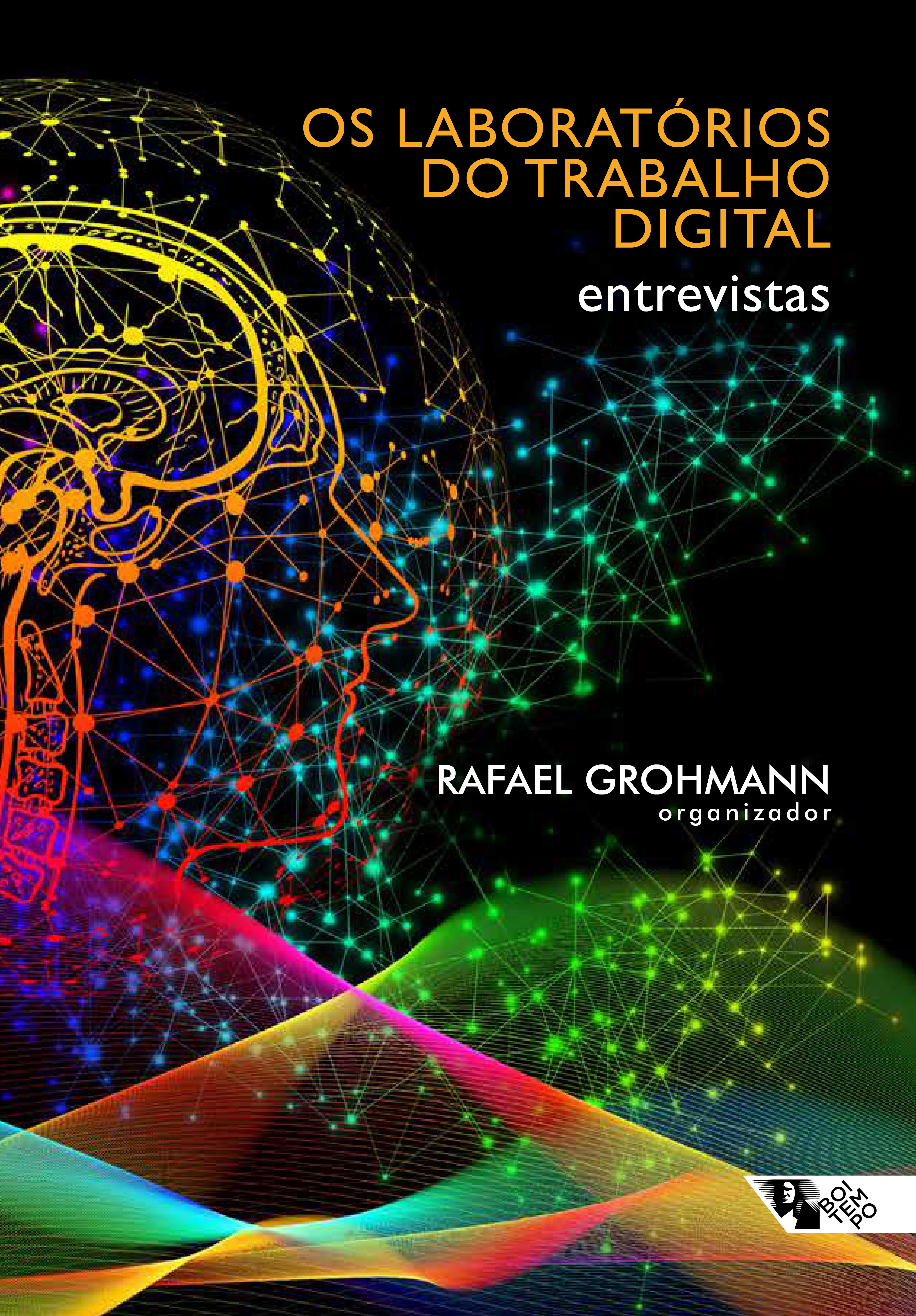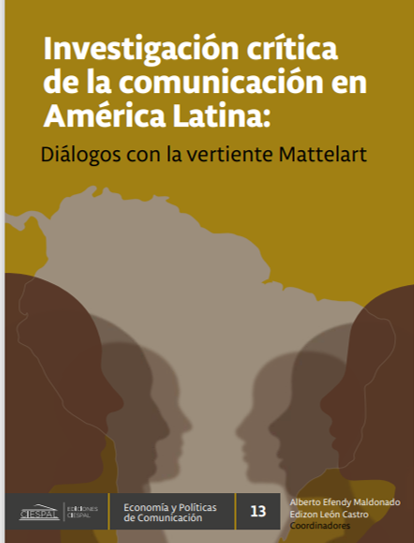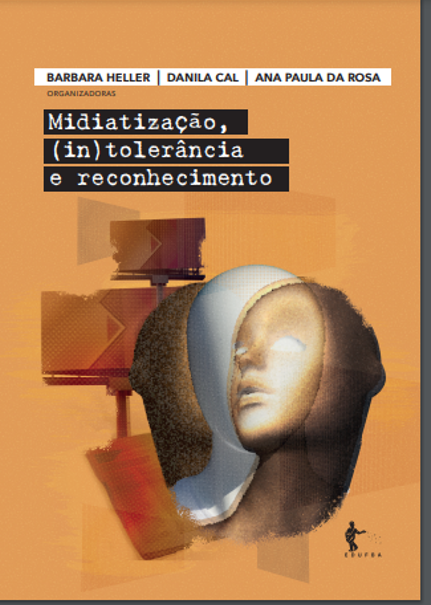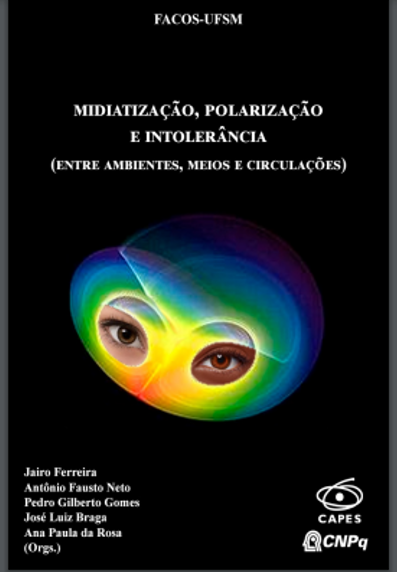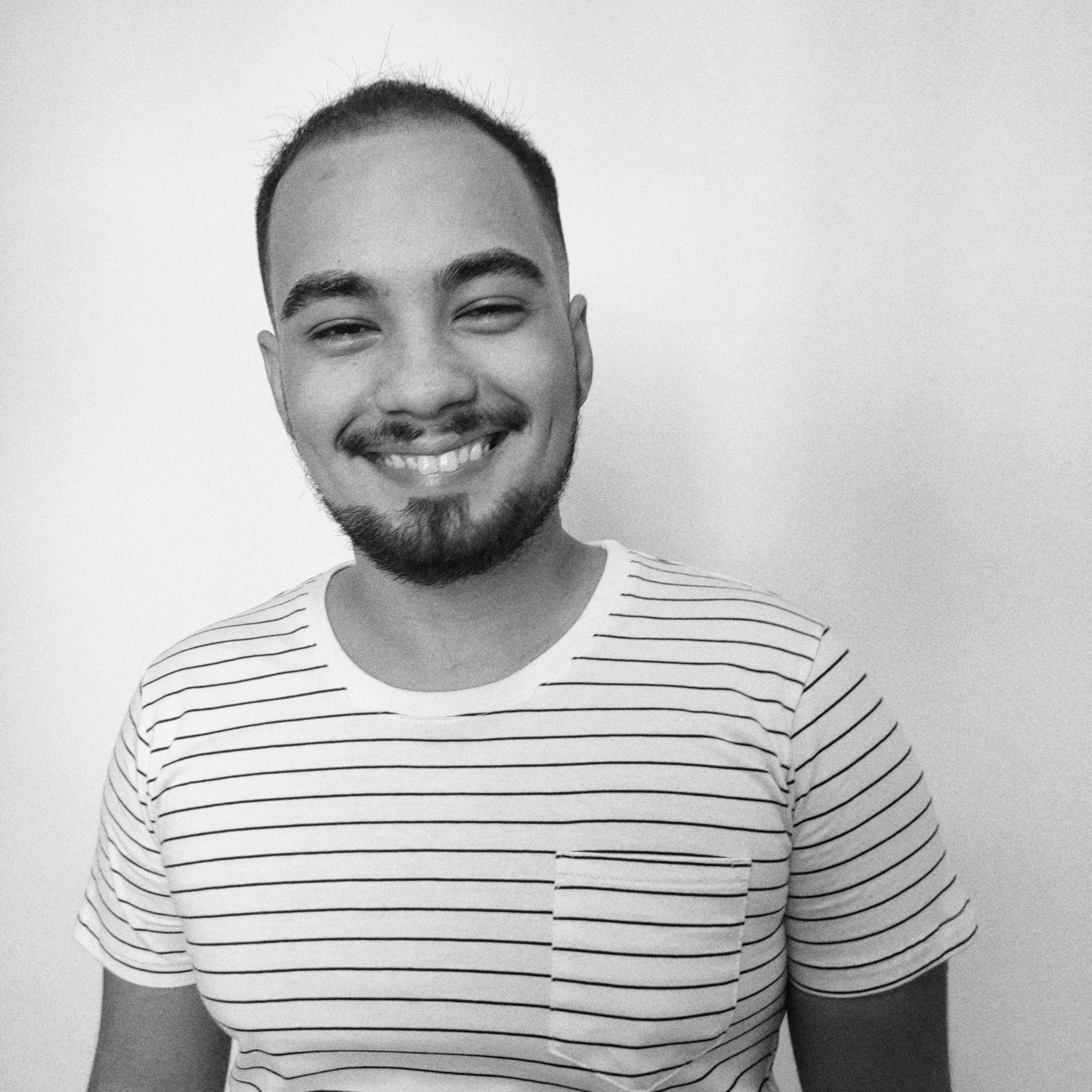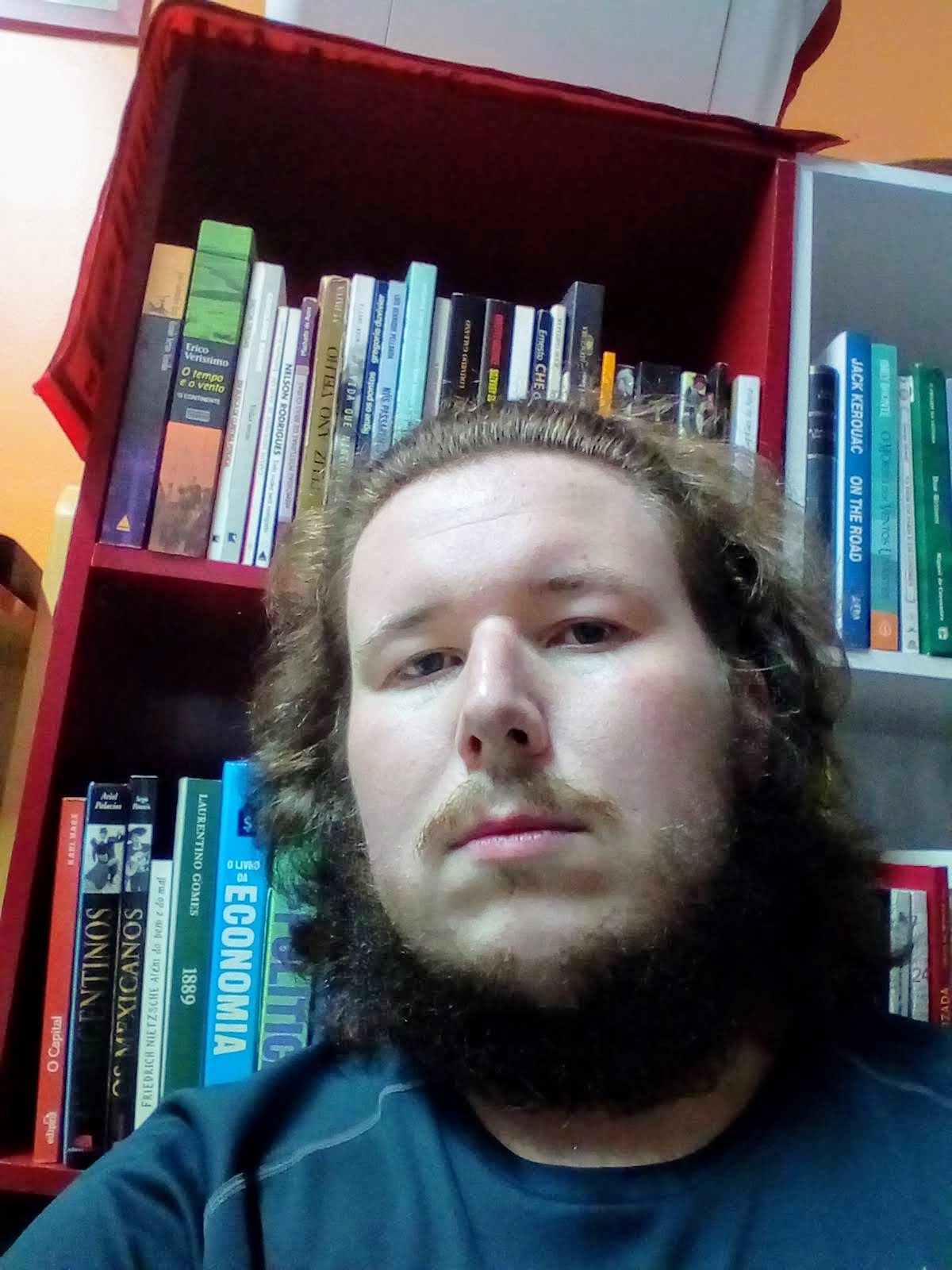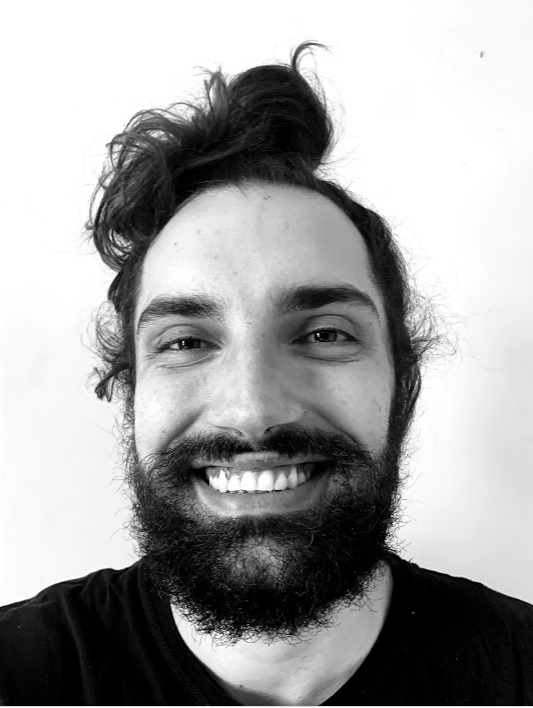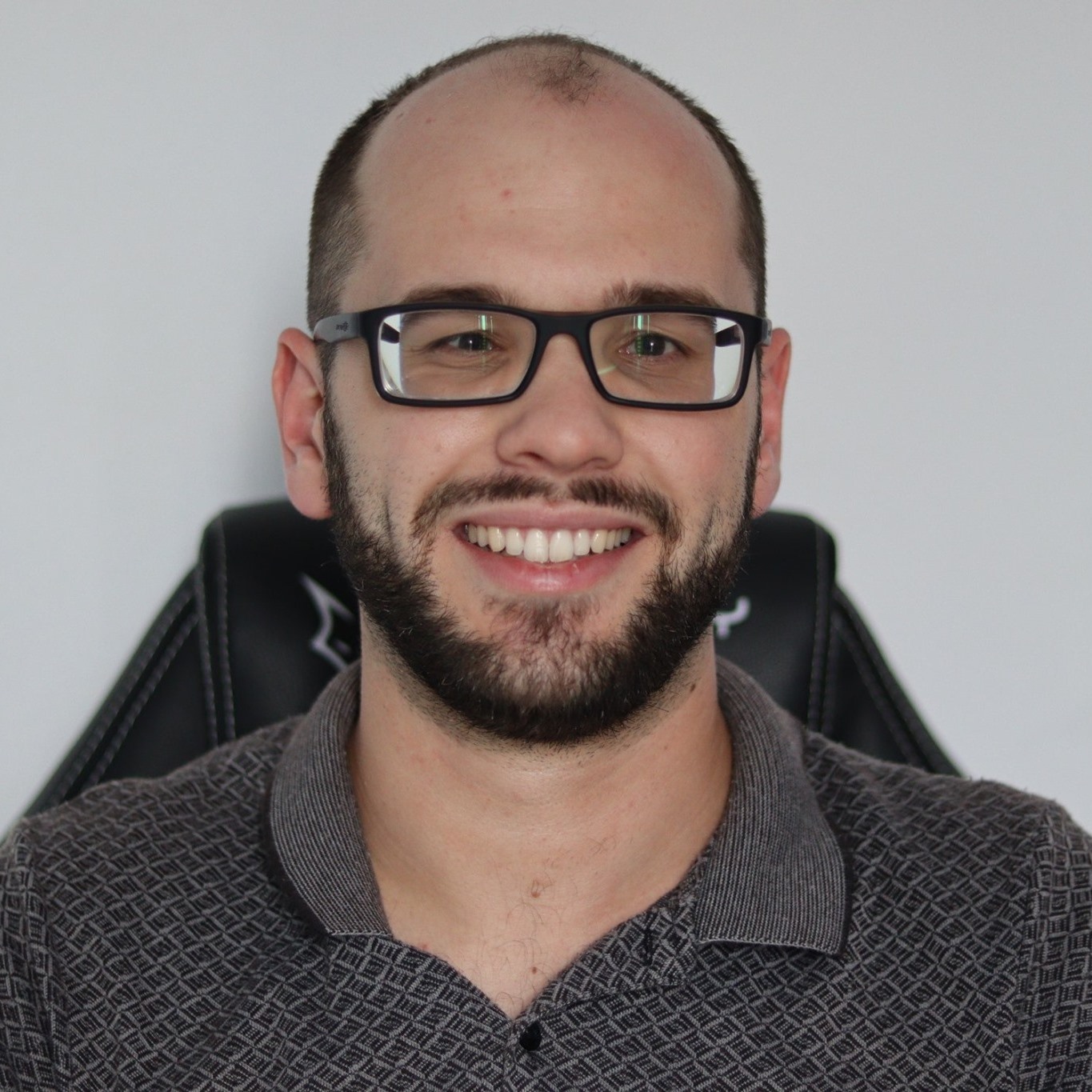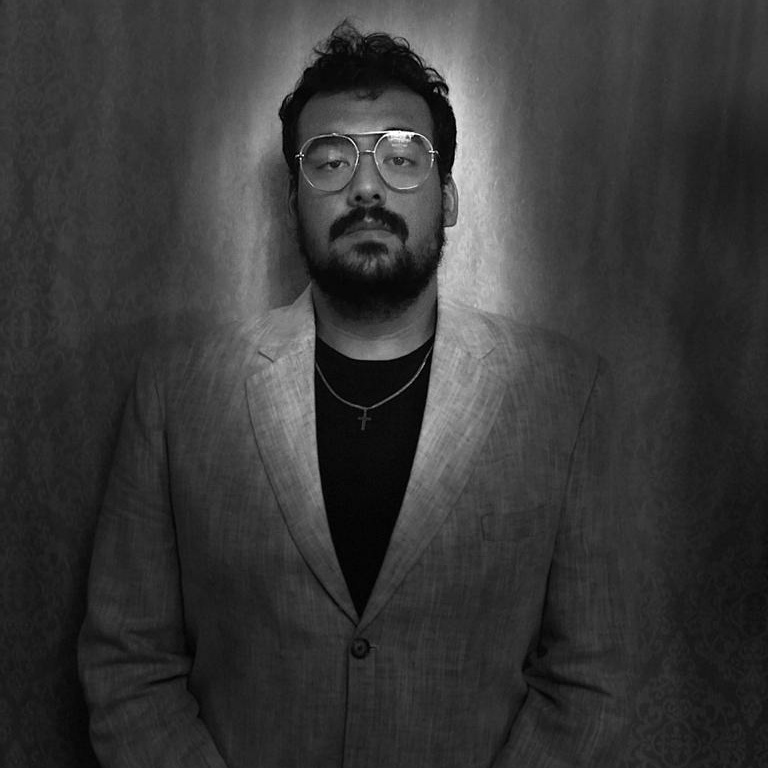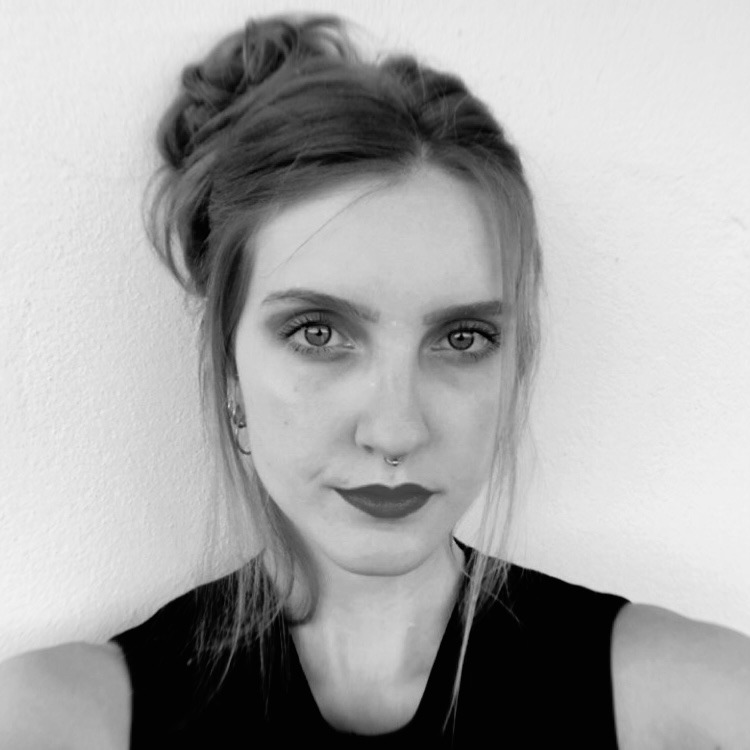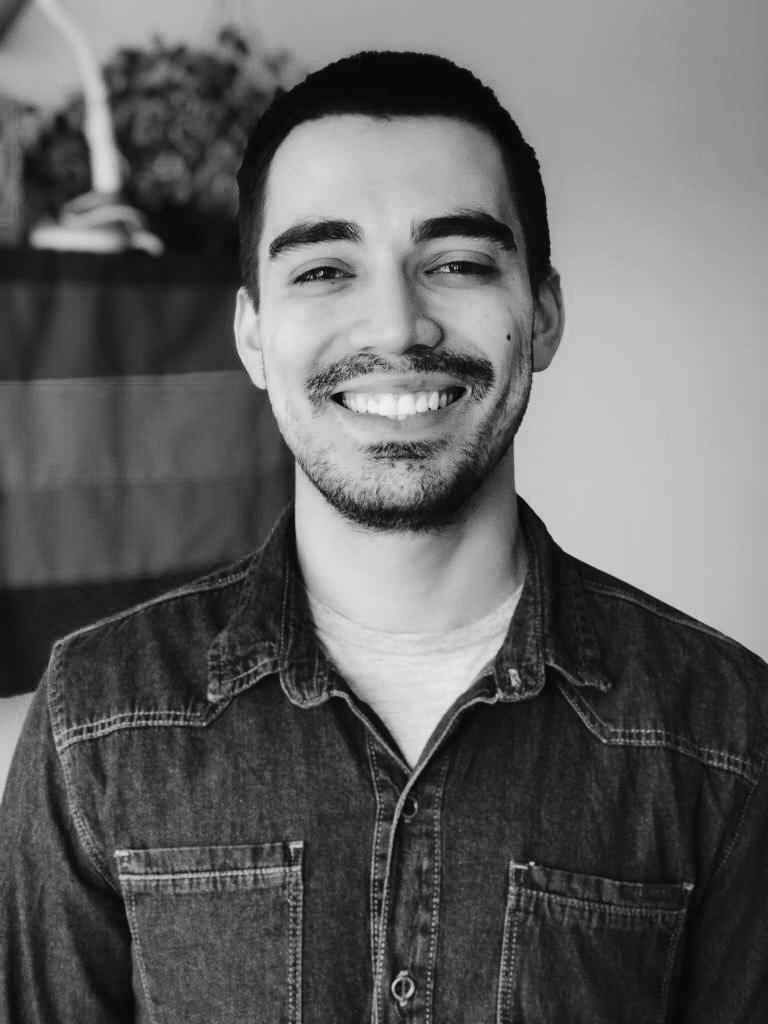Economics (MSc/PhD)
Overview
The UNISINOS Masters Program in Economics provides a broad and solid theoretical and empirical foundation in the fields of Industrial Organization and International Economics. Furthermore, the skills our students develop make them able to work in the public or private sectors, in addition to allowing students to ingress in teaching and researching careers.
This program is also available:
Check it out:
Emphasis: Industrial Organization and International Economics
The area of concentration in Industrial Organization and International Economics examines issues related to the competitiveness of sectors and firms and the effects of international economic integration on countries. These issues are addressed on the empirical and theoretical plans.
Lines of action
It analyzes and incorporates into academic activity the advances in empirical and theoretical research in the area of industrial organization, with a focus on the competitiveness of sectors and firms. Particular emphasis is given to the peculiarities of productive activities in the state of Rio Grande do Sul, without disregarding their insertion in the national and international context. Researches results may provide subsidies for companies' strategies and the formulation of public policies.
It analyzes the theoretical and empirical effects of the economic integration regarding trade and the variables studied by the open economy macroeconomics . In trade, the impacts of the international economic integration are analyzed, both in a discriminatory way (preferential, via trade blocks) as well as in a non-discriminatory way (non- preferential, via WTO), especially about variables such as flows of goods and services, welfare, and economic growth. Regarding the open economy macroeconomics, exchange rate regimes, coordination of macroeconomic policies, and capital flows are examined in more detail.
Master's Degree Curriculum
The Master's degree courses are structured in three modules: I - basic, of a required nature, composed of three (3) courses that concentrate on leveling content; II - basic with an investigative emphasis, composed of two (2) required courses. Students shall choose one (1) out of two (2) courses according to their line of research; III - elective, composed of non-required courses, where students must take four (4) courses that will be selected under the supervision of their advisor.
The completion of the Master's program requires 30 credits: three (3) required basic courses, corresponding to nine (9) credits; one (1) required basic course with an investigative emphasis, corresponding to three (3) credits; four (4) electives, totaling 12 credits; and a passing grade in the Thesis Project Qualification Test, corresponding to six (6) credits. Each credit is equal to 15 course hours, as shown beside.
Required Courses (9 credits)
- Microeconomics I (3 credits) - Macroeconomics I (3 credits) - Quantitative Methods I (3 credits)
Required Course, with an investigative emphasis (3 credits)*
- Industrial Organization (3 credits) - International Economics 1 (3 credits) (*) The student must choose one of the courses listed above.
Electives (12 credits)
- Technology Economics (3 credits) - Regional Economics (3 credits) - Brazilian Economics (3 credits) - International Economics II (3 credits) - Basic Econometrics (3 credits) - Time Series Econometrics (3 credits) - Panel Data Econometrics (3 credits) - Applied Statistics (3 credits) - Quantitative Methods II (3 credits) - Multivariate Methods (3 credits) - Advanced Topics in International Economics (3 credits) - Advanced Topics in Industrial Organization (3 credits) - Special Topics in Economics (3 credits) - Special Topics in Economics (2 credits) - Special Topics in Economics (1 credit)
Final Course Paper (6 credits)
- Thesis Defense (6 credits)
PROFESSORS
The student of the Economics Graduate Program has at his/her disposal a faculty composed of doctors with national and international training and recognized professional experience.
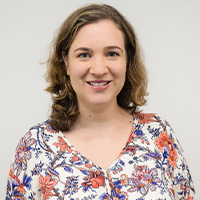
Gisele Spricigo
PhD in Economics giseles@unisinos.brExperience in education and economic guidance, and economic training for different audiences. Graduated in Economic Sciences, PhD and Master in Development Economics and Rural Development. Coordinator of Undergraduate Courses in Accounting Sciences, Economic Sciences and Financial Management, professor in undergraduate courses at the School of Management and Business, in specializations and collaborating professor at the PPG in Economics, at Unisinos.
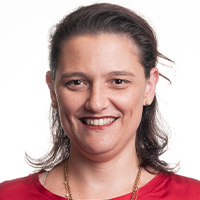
Janaína Ruffoni Trez
PhD in Scientific and Technological Policy jruffoni@unisinos.brLeader of the Research Group on Economic Dynamics of Innovation (GDIN) since 2013. Topics of interest: growth, economic development and innovation technological paradigms and adoption of innovations competition dynamics and sectoral studies firms' dynamics and innovation capabilities, university-firm interaction, proximities and knowledge flows.
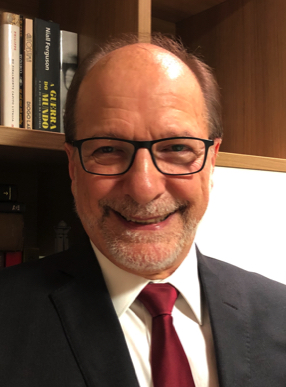
Jose Roberto Iglesias (Pesquisador Voluntário)
PhD in Physics jiglesias@unisinos.brHe graduated in physics at the Instituto Balseiro, Centro Atómico Bariloche, Argentina, where he completed a degree equivalent to a Bachelor's Degree in Brazil in Physics in 1969. He did his Ph D in Orsay, France in 1977. In 1986, he approved public examinations for exams and titles and took over as Full Professor at the IF-UFRGS. In addition, he has been a CNPq Research Productivity Fellow since 1979, currently at Senior level. In recent years he has been dedicating to the study of interdisciplinary problems: mainly physics applied to economics and the social sciences, studying problems such as income distribution, opinion propagation, epidemics, crime and risk propagation in complex networks. In August 2019, UFRGS awarded him the title of Professor Emeritus.
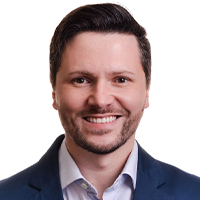
Magnus dos Reis
PhD in Economics magnusr@unisinos.brProfessor and Head of the Graduate Program in Economics at the Universidade do Vale do Rio dos Sinos (Unisinos). Phd. in Applied Economics from Universidade Federal do Rio Grande do Sul (2017), a degree in Economic Sciences (2008) and a Master's degree in International Economics from Unisinos (2012). He is currently a member of the International Economic Integration Research Group and is a member of the supervisory board of the Associação Nacional dos Centros de Pós-Graduação em Economia (ANPEC). He has experience and interest in the following areas: International Trade, Econometrics, Trade Policy and Foreign Direct Investment (IED).
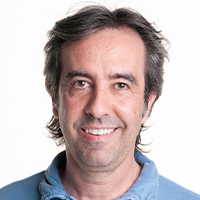
Marcos Tadeu Caputi Lelis
PhD in Economics mlelis@unisinos.brProfessor at the Economics Program, Unisinos University, Brazil. Ph.D. in Economics from the Federal University of Rio Grande do Sul (UFRGS - Brazil) with publications in international journals, A1 and A2. He is a Research Fellow at the National Council for Scientific and Technological Development (CNPq). He is currently the Coordinator of the Competitiveness and International Economics Research Group, developing research in partnership with public and private institutions in Brazil.
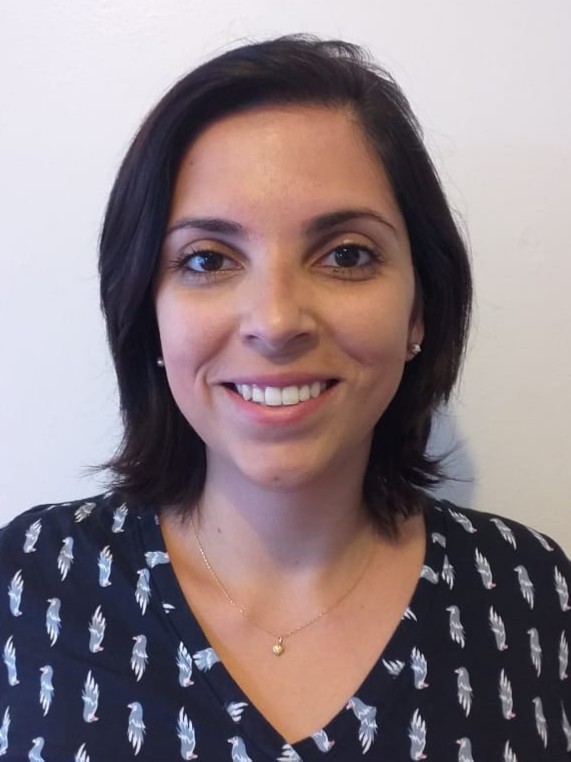
Raquel Pereira Pontes
PhD in Applied EconomicsProfessor and researcher at Universidade do Vale do Rio dos Sinos - Unisinos. PhD in Applied Economics by the Graduate Program of the Department of Rural Economics at Universidade Federal de Viçosa - UFV. Master?s in applied economics by the Graduate Program in Applied Economics at Universidade Federal do Rio Grande - FURG (2016). Bachelor?s in economics from Universidade Federal do Rio Grande - FURG (2011). Technician in accounting management area (2004). MBA specialist in Agribusiness Management (2013) from Universidade Federal do Paraná - UFPR. Professional experience in the field of Economic Regulation, Public Policy, Education Economics, Labor Economics, International Economics, Environmental and Natural Resources Economics, Rural Economics and Economic Growth and Development.
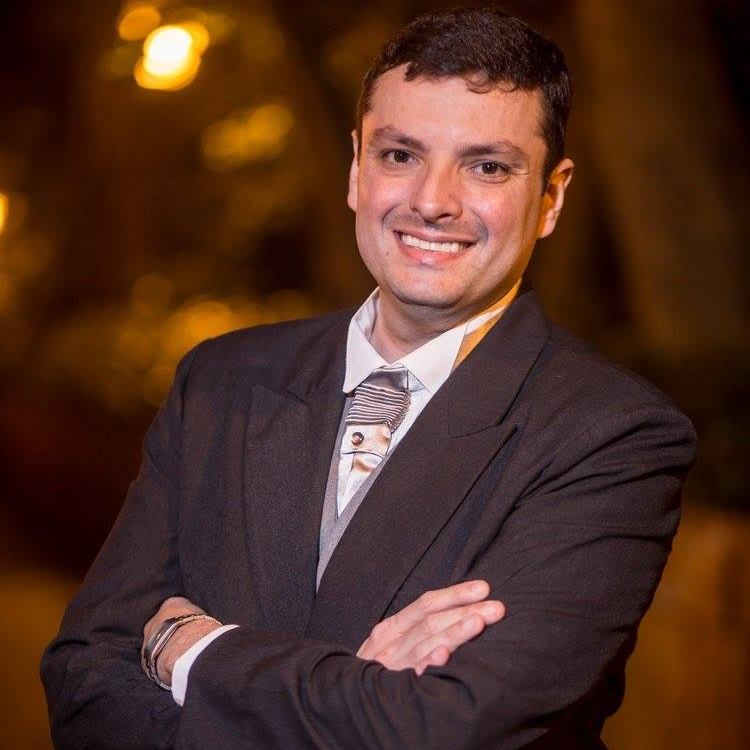
Rafael Kunst
PhD in Computing rafaelkunst@unisinos.brRafael Kunst is a professor and Researcher at the Applied Computing Graduate Program of the University of Vale do Rio dos Sinos (Unisinos), Brazil, where he is also a member of the Software Innovation Laboratory SOFTWARELAB. He is also an ad-hoc consultant for the Brazilian Ministry of Education. He holds a Ph. D. and an M.Sc. degree in Computer Science both received from the Federal University of Rio Grande do Sul (UFRGS). His current research interests involve next-generation mobile communications, such as 5G and 6G, military communications, Industry 4.0, smart cities, Internet of Things, and the application of Big Data Analytics and Machine Learning to optimize telecommunications. He has extensive experience as a consultant, coordinating and participating in projects with companies from Brazil and abroad. In 2020 he was a visiting professor at the IBM Watson IoT Center - Munich, Germany.
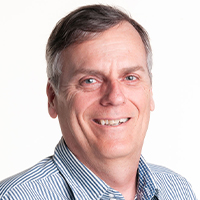
Tiago Wickstrom Alves
PhD in Economics twa@unisinos.brDegree in Economic Sciences from the Federal University of Santa Maria (1990), Master in Rural Economics from the Federal University of Rio Grande do Sul (1995) and a PhD in Economics from the Federal University of Rio Grande do Sul (1999). He works at the University of Vale do Rio dos Sinos, where he was Deputy Coordinator of the Graduation of the Economic Sciences course, Coordinator of the Economics PPG, Coordinator of the Accounting Sciences PPG and Director of the Economic Sciences Center. He currently teaches at the undergraduate course in Economic Sciences, at the PPG in Economics and at the PPG in Accounting Sciences and is the leader of the Research Group entitled: Markets and Competitiveness of Higher Education Institutions. He has experience in the field of Rural Economy, Microeconomics and Quantitative Methods, working mainly on the following topics: Costs, Organizational Performance Evaluation, Institutional Competitiveness Analysis and Higher Education Market based on Applied Microeconomics and Behavioral Economics.




